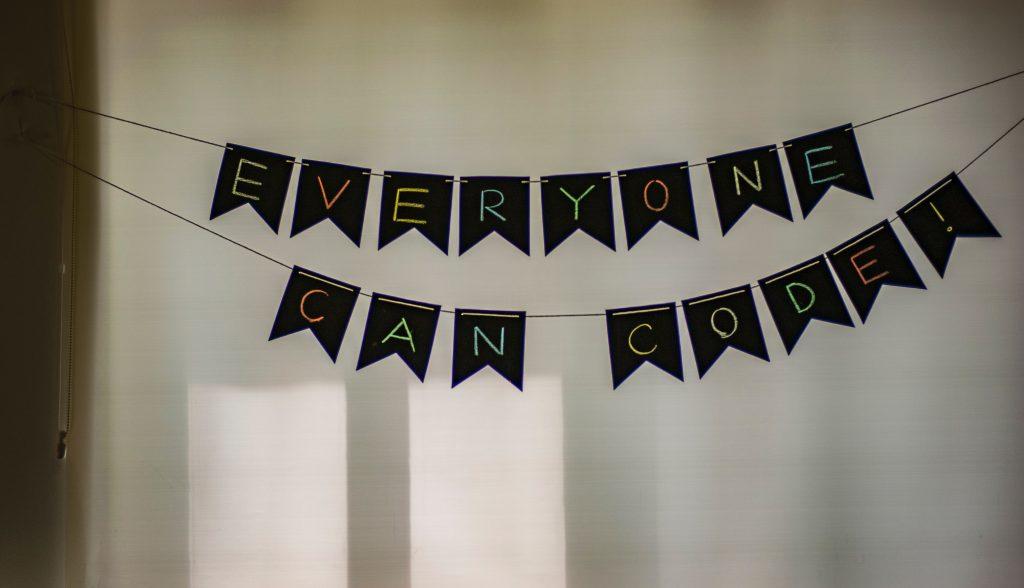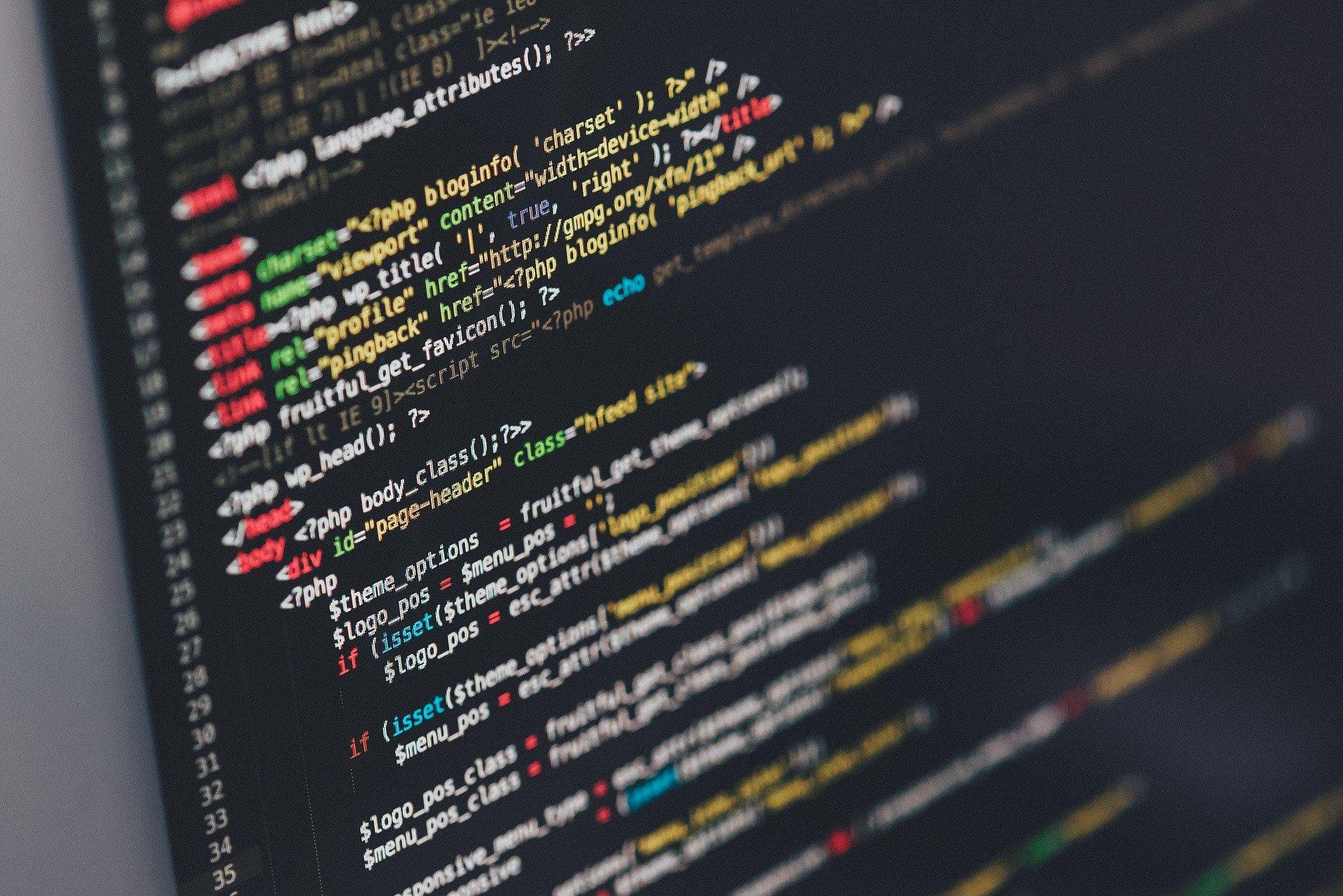You can't go anywhere these days without a computer or hearing about them. The world is run by computers and most of us carry a computer with us every day, just look at your smartphone!
In the world of computers, there's hardware and software. Hardware is the physical parts that make up a computer and software is the applications that tell the hardware what to do.
Your computer is the hardware and the programs are the software and both are essential parts of the computing ecosystem and infrastructure that drives our everyday lives.
If you're interested in the software side of things, you'll probably be interested in studying computer programming, coding, and working in a career related to it.
In this quick guide, we'll see the best places in Australia to study computer programming, the jobs you can get, why you should study computer programming, and also the often overlooked downsides to studying computer programming.

The Benefits of Learning Programming
Before we look at where you can study computer programming, it's worthwhile looking at why you should study computer programming, starting with the most obvious reason: your career and the money involved.
Career Prospects and Salary
The careers involved with computer programming and coding (more on that later) are generally well-paid as they're higher-skill careers and often require at least an undergraduate degree in computer science or other related courses.

This means if you study computer programming, you'll have a desirable set of skills, can look to increase your income, and get more job offers as a result.
On top of all that, with said skills, there's no reason you can't start your own business and become your own boss.
Develop Skills
Speaking of skills, studying computer programming teaches you more than just how to program in a given language.
As a programmer, you'll also develop communication skills alongside your coding skills. While you mightn't think of this when you imagine a programmer chained at their desk typing away on a computer, in the world of programming, programmers often need to speak to other programmers on larger and people with absolutely no understanding of how computers work in business settings.
You'll also develop your perseverance. If there's one thing that will push your patience to the limit, it's writing code! As you develop computing systems and software, you'll also develop problem-solving skills because no matter how much experience you have in computing, you'll still encounter bugs in your software!
Computers need clear instructions and can only do as they're told, even with the latest technology and tools designed to help with development. In programming, if you get one tiny thing wrong, your entire code could be rendered useless. By working in these conditions, you'll improve your attention to detail as well as your logic and reasoning skills, too.
Put simply, learning to program will help you to develop transferable skills that are useful even when you're not programming!
Work When and Where You Want
While this isn't true of every programming job, there are a lot of careers in programming where you're afforded a lot of flexibility.
You can work flexible hours since as long as projects and tasks are completed on time, how you fill the hours of your day doesn't really matter. This is even more true when you're working from home as you won't often have your superior looking over your shoulder and trying to micromanage you.
Much like with the hours, where you work is also very flexible. Where you get the work done doesn't matter as long as you get the work done. This means that you can work from home or in any other location. Of course, for certain projects and for security reasons, some projects may need to be completed in-house.

Is It Worth It Becoming a Computer Programmer?
While there are plenty of great reasons to become a computer programmer, it's also really important to look at the downsides of learning programming to provide a balanced picture of whether it's really worth it.
The benefits are certainly there, but let's quickly see some of the downsides so that you can make up your mind.
Choosing Programming Languages
Different programming languages are used for different things. If you specialise in a certain type of programming, then you'll likely learn the languages used in those areas. However, if you're learning a programming language or just studying programming, you may be faced with the daunting task of choosing which programming language is right for you.

There are transferable skills you can learn and it's easier to learn a new programming language after you've already studied another, but it still takes time and effort so, in an ideal world, you want to get this decision right initially.
Your Health
While becoming a computer programmer will teach you a lot of new skills, it's hardly the healthiest career choice out there.
As a computer programmer, you'll be expected to sit down (or stand if you have a standing desk) at your computer for hours on end. Similarly, while the hours could be flexible, there are a lot of them. Sometimes, you just need to get something done and it takes as long as it takes.
With tasks like this, there's also a lot of stress. Computers aren't trying to help you code and when something's not working, finding a solution can be an absolute nightmare. The combination of stress and a sedentary lifestyle is a dangerous mix so you need to ensure you're being as healthy as you can be outside of your work.

As awful as it sounds, computer programming can also be really boring at times. Every career has its boring parts, but computer programming, at certain points, wins the gold medal in tedium. To enjoy all the fascinating aspects of computer programming, you have to remember that there will be times when you're doing mundane and repetitive tasks.
Slowing demand for entry-level jobs
Computer programming has been a great line of work to get into for years now and while demand is increasing, so is the number of students deciding that computer programming is right for them.
As the supply of qualified computer programmers increases, the demand for them will start to slow. For anyone considering studying computer programming, the key thing to remember is that you shouldn't wait until everybody else has graduated and started to apply for jobs!
Staying Relevant
Computer programming and computer science are fields that are constantly advancing. While you may be in demand today, if you don't keep up with your field, you'll find yourself becoming less and less needed, which means less and less employable.
When you commit to becoming a computer programmer, you're not committing to learning how to program and calling it a day, you're committing to a lifelong journey of study and training.
The Best Computer Programming Courses
Without going into it too much, these are the highest-ranked universities in Australia for computer science degrees.
If you want to know where to start looking, here's our list, but if you want more information on each school that has made it onto our list, we have a full article on the best computer programming courses in Australia for you to check out.
Anyway, here are what we consider the best universities for computer science in Australia.
- Queensland University of Technology, Brisbane
- The University of Queensland, Brisbane
- Griffith University, Brisbane, Gold Coast, Logan
- University of Adelaide
- Monash University, Melbourne
- University of Sydney
- University of Technology Sydney
- UNSW Sydney
- Australian National University, Canberra
- University of Melbourne
Careers in Programming
So if you've weighed up the pros and cons of becoming a computer programmer and started looking at schools, you'll probably also want to know what you can do once you graduate.

There are a lot of interesting careers for computer programmers to do, but it's a good idea to work out which ones you're most interested in before you start as they can affect which programming languages you'll learn and exactly how you'll become a computer programmer.
There are a few main areas you can work in such as business, where you'll use your programming skills for corporate and financial reasons. The world of business and finance relies on computers to optimise processes, make big decisions, and ensure everything runs smoothly, and for that, they need programmers.
A lot of programmers also end up working as web developers. Some focus on the websites we see (front-end developers), others work behind the scenes on aspects the end user isn't even aware of (back-end developers), and some take on all of it and commit to being full-stack developers.
There are also programmers working on creating computer programs and apps, managing and programming for databases, or ensuring that apps and programs work as intended.
There are so many options for computer programmers when it comes to careers so check out your options before you start studying and then you can look for courses at the best school that line up with your aspirations.
Hopefully, this quick guide has given you a taste of what's in store for you if you decide to become a computer programmer, but don't forget that when it gets difficult, you can always get help online or face-to-face with private tutors!
Summarise with AI:
























